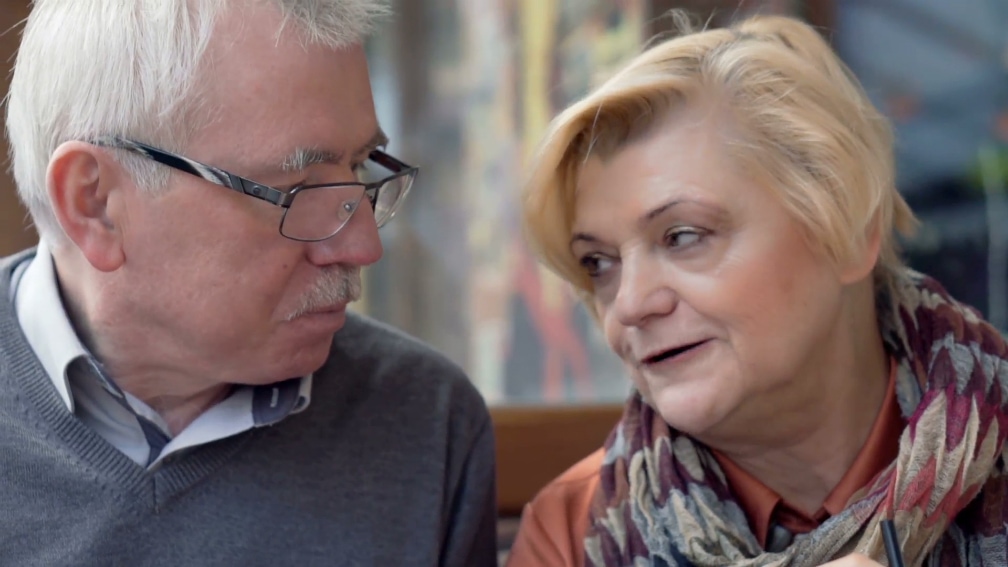KJIPUKTUK (Halifax) – After I wrote How Community Services stops people on income assistance from living together a woman who is an income assistance recipient told me her inspiring story on how she at one point lived alone and felt socially isolated until she met someone special to share her life with.
She also told me that she feels that Community Services does not take into account how such an intimate relationship can greatly improve the lives of people on income assistance.
First let’s talk about the bad things that happened when she and her partner started sharing an apartment.
When she was by herself, on her income assistance cheque every month she received $984.00. That figure included the shelter allowance, the standard personal allowance, as well as help with her phone bill, transportation and her special diet requirements.
When she shared a place with her partner Community Services took away her shelter allowance, and also her phone and special diet subsidies. The amount she tells me she is losing $ 686.40 a month on her income assistance cheque.
Her new partner works, but is also on income assistance and most of his earnings are clawed back.
However on the positive side of things, the quality of her life has gotten a lot better.
I must say I was inspired by everything she told me about how having an intimate relationship got her out of social isolation.
Her turning point happened four years ago. While living alone she got sick, and found out that she needed surgery. At that point in her life the only social contacts she had in the community were people she knew from attending soup kitchens, drop-ins, and standing in line at the food bank.
Her surgery required her have someone to drive her home following surgery and if no one was there to drive her home then surgery would have been cancelled. In fact, an earlier story I did, Eight weeks of loneliness – on being poor by yourself and needing surgery, was what inspired her to contact me.
So what she did was something brave and something which I personally do not recommend, no matter if you are on income assistance, or living middle class or even upper class lives. She started using online dating and found a partner.
Meeting this partner right at the right time is how she was able to solve her problems of first – getting a ride home from the hospital on the day of her surgery and second – having her care needs looked after during her recovery.
Through getting to know other people through her partner, she has in her life a whole new community of friends she socializes with.
Also, now on days when she is at home in the afternoon by herself waiting for her partner to get home from work she no longer considers the thought of sitting at home by herself a socially isolating activity.
She still visits a couple of drop-ins occasionally, but no longer on a daily basis. She no longer depends on those places in order to at least try to have a life in the community.
Even though her experience turned out to be positive, online dating is not always safe. It’s not something I would personally want to pursue, and many others living in poverty tell me that online dating is something they are scared to even try.
But for this person all’s well that ends well. This Christmas will mark her third year of not being alone by herself for the Christmas Holidays!
If you can, please support the Nova Scotia Advocate so that it can continue to cover issues such as poverty, racism, exclusion, workers’ rights and the environment in Nova Scotia. A pay wall is not an option, since it would exclude many of our readers who don’t have any disposable income at all. We rely entirely on one-time donations and a tiny but mighty group of dedicated monthly sustainers.




